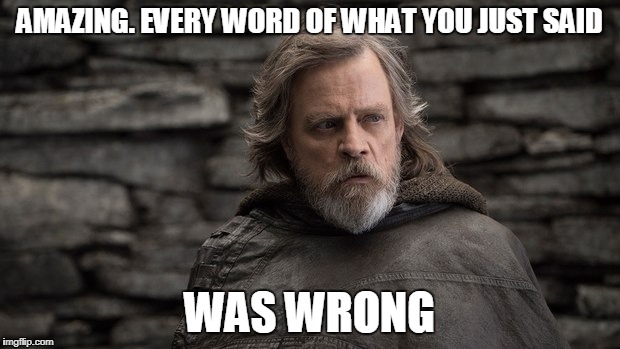What’s up with African American literacy rates?
David L. Horne, PH.D. | 10/3/2013, midnight
In the world of Facebook, Twitter, Instagram and other quick strike information processes, why is there a definite lack of evidence of a steady upward progression of reading and writing skills among African American contributors?
Post secondary education statistics continue to demonstrate that far too many African American students who finish high school do so as functional illiterates—that is, they cannot read and write at a basic level requisite for functional participation in modern life.
In California, both the California State University system and the University of California system still annually allow (and mainly require) a significant proportion of incoming freshmen to register for developmental English courses—sometimes called “dumbbell” English— in order to assist the students in preparing to take regular-level freshmen college basic education courses. These developmental courses generally do not count toward a student’s graduation but must still be paid for through regular tuition.
Both university systems realize this is not a very efficient use of taxpayer dollars, however, the literacy levels of the students coming to them out of high school require this kind of intervention.
As of 2009, the Department of Education reported that literacy rates for more than 50 percent of African American children in the fourth grade nationwide was below the basic skills level and far below average; and by the ninth grade nationwide, the situation had gotten worse, with the rate dropping below 44 percent.
Yes, there is still an unemployment crisis in the nation’s Black communities, but what is feeding and ensuring the longevity of that crisis is the ballooning illiteracy rate among Black youth and adults. What happened to that post-antebellum slavery zeal that put educational attainment, including reading and writing skills, as the sustained priority for advancement in American society? How did we drop that ball?
These are bedeviling questions especially with Sept. 24 labeled National Punctuation Day, and it was accompanied by a broad national reflection on the lack of proper writing skills among modern American youth. Officially, NPD, “is a celebration of the lowly comma, correctly used quotation marks, and other proper uses of periods, semicolons, and the ever-mysterious ellipsis.”
Giving even a casual glance at regular comments typed into Twitter, Instagram and on Facebook pages, American youth are in deep need, accompanied by deepening denial, of literacy help. And, citing the old chestnut, “when White folks sneeze, Black folks catch the flu,” where there is this dire a problem among America’s youth in general, African American youth are staring at death’s door regarding functional literacy in America.
What can be done about it, if anything? Where there is still parenting going on, we need to encourage the love of reading (not just urge our youth to read so-called great books), and we need to encourage African American youth to actually write sentences in letters, notes, homework assignments, etc. We might even spend a little time checking—proof-reading—their material ourselves.
African Americans simply cannot afford this self-imposed hump onto already overloaded backs. It’s one thing to still have to fight everyday acts of random racism in our lives. That’s the nature of the beast we deal with. It is another thing altogether though, to handicap ourselves. Suicide has never been our favorite or most popular response to oppression, but we have to call this literacy problem what it is—cultural and political suicide.
C’mon ya’ll. Let’s get with it. Forward not backwards.
Professor David L. Horne is founder and executive director of PAPPEI, the Pan African Public Policy and Ethical Institute, which is a new 501(c)(3) pending community-based organization or non-governmental organization (NGO). It is the stepparent organization for the California Black Think Tank which still operates and which meets every fourth Friday.
DISCLAIMER: The beliefs and viewpoints expressed in opinion pieces, letters to the editor, by columnists and/or contributing writers are not necessarily those of OurWeekly.
Source: http://ourweekly.com/news/2013/oct/03/whats-african-american-literacy-rates/
This article discusses an issue that has dogged that African American community for centuries.


